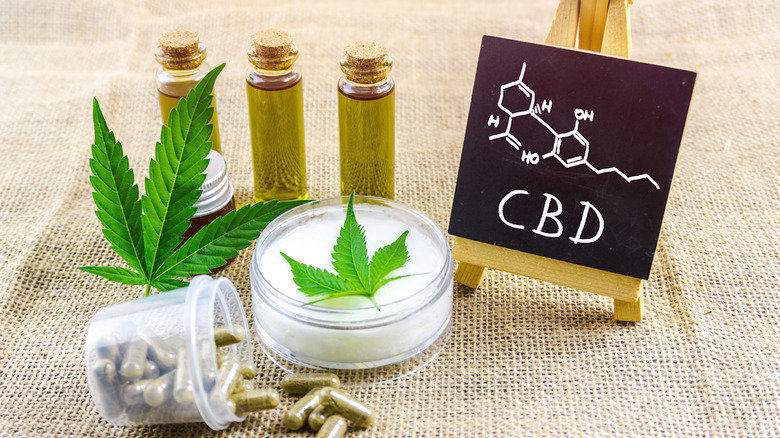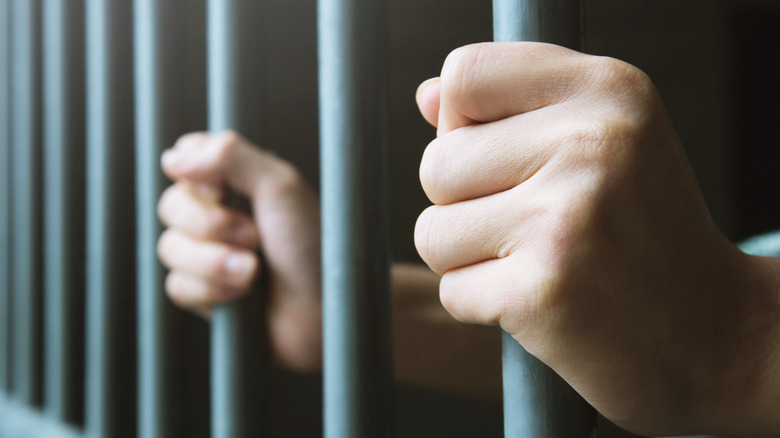Travel Guides Cruises
Caitlyn Knuth
Hitting the waves in style and booking a cruise is something many travelers find appealing. A recent survey by AAA revealed an impressive 52% of adults in the U.S. were considering cruising in 2023. Whether you’re booking a luxury cruise or a family-friendly adventure, the idea of getting out on the water without a worry in the world is refreshing. However, there are a few details that need to be looked into closely before you embark on a cruise adventure. This is true whether you’re a first-time cruiser or you sail every single year. For both personal and legal reasons, it’s essential to know whether or not CBD is allowed on your ship.
According to Harvard Health Publishing, “CBD, or cannabidiol, is the second most prevalent active ingredient in cannabis (marijuana). While CBD is an essential component of medical marijuana, it is derived directly from the hemp plant, a cousin of marijuana, or manufactured in a laboratory.”
CBD is used by many people to treat chronic pain and anxiety, and is also commonly turned to as a remedy for sleep disorders. CBD made from hemp contains minimal levels of THC which is the psychoactive compound present in marijuana. Today, CBD can be purchased in many forms including oil, gummies, and even lotions.
Those who use CBD regularly are often comfortable having it on hand and don’t think twice about carrying it around. However, it’s an item you’ll have to leave behind when you book a cruise. Many industry experts think this might change in the future, but current regulations do ban CBD onboard cruise ships.
Assume it’s best to leave CBD behind when cruising

Creativan/Shutterstock
The legality of CBD products can vary from state to state in the U.S. As a result, it’s easy to see why some cruise passengers automatically, yet incorrectly, assume that the CBD they use legally at home for medicinal purposes is also legal on their ship. This simply isn’t the case in the world of modern cruising.
Much of the reason for this comes down to legal specifics at the federal level regarding heightened levels of THC. While hemp-derived CBD with THC levels at .3% or less is perfectly legal in the U.S., marijuana-derived products can contain much higher levels. Marijuana possesses THC levels upward of 20% which keeps it and associated products firmly on the federally banned list. As a result, all CBD is kept off cruise ships as well for the moment.
When it comes to deciding whether to pack or not to pack your CBD for an upcoming cruise, assuming all major cruise lines have banned it is typically your safest bet. It’s a precaution cruise lines take seriously in light of ever-fluctuating regulations and laws. If you have any doubts at all, it never hurts to call your cruise line representative directly and ask.
The consequences can be drastic

fongbeerredhot/Shutterstock
The rules and laws regarding CBD in the U.S. can definitely feel confusing. Things get even more complicated when you consider the laws of other countries. The legality of CBD worldwide varies drastically.
Cruise ships are tasked with carrying passengers safely around the globe. Having an itinerary packed with international ports of call can be exciting, but it also means new laws, rules, and regulations to contend with every time you step off the ship. Mistakenly bring CBD into a country where it’s illegal and you could find yourself in a world of unforeseen trouble.
In some places, CBD might be confiscated on-site. Other countries go so far as to mandate jail time for this type of offense. Understanding what’s prohibited at each port is vital and leaving CBD behind entirely is a good way to ensure you don’t run into problems.
While you’re not likely to be locked up onboard if cruise staff realize you’re traveling with CBD, the consequences can still be an issue and aren’t worth the risk. Passengers found with CBD onboard may be fined. In some cases, both the product and the passenger could be removed from the ship entirely at the next port. For all of these reasons, it’s better to be cautious and leave your CBD safely at home.

